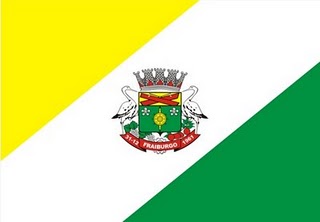In the last hundred years the Indo-European languages have been continuously systematized to reduce the learning curve, to evolve, and, of course, to survive amongst other languages. The verbs exist in a language to indicate an action or a state of being and they were also systematized. Below there are some examples of this:
- In Portuguese and Spanish the infinitive verbs end with “AR” “ER” “IR” “OR”. E.g. To love – Amar, To speak – Hablar or Falar, To compose – compor the list goes on.
- In Italian you can take the same rule of Portuguese and add the letter “E” at the end. E.g. To love – Amare. Many verbs are similar to Spanish and Portuguese, but not all.
- In English the infinitive is “TO”- To love, to speak, to break and so forth.
- Germanic languages have “EN” at the end. In Dutch for instance “to walk” is “lopen”, to eat “eten”, to sleep “slapen”.
So how would that be infinitive verb in Fraiburgo? As far as I know, I have the feeling that we tend to take the final “R” out and transform it into an accent in the last syllable stressing it, which we pronounce in a very open way. E.g.
- To walk – Caminhar = Caminhá
- To speak – Falar = Falá
- To exchange – Trocar = Trocá
Furthermore, other strange things usually happen in the sentences created in Fraiburgo. Herein I will stick to the verbs only. In the next posts you will start noticing the emergence of these dialect patterns. Little by little you will get acquainted with the Fraiburguese dialect. I hope you enjoy and most importantly I hope you understand what I am saying… it’s been a challenge to do so but fun at the same time.
*Fonte/Source “lanofrai.wordpress.com” and colaborators

